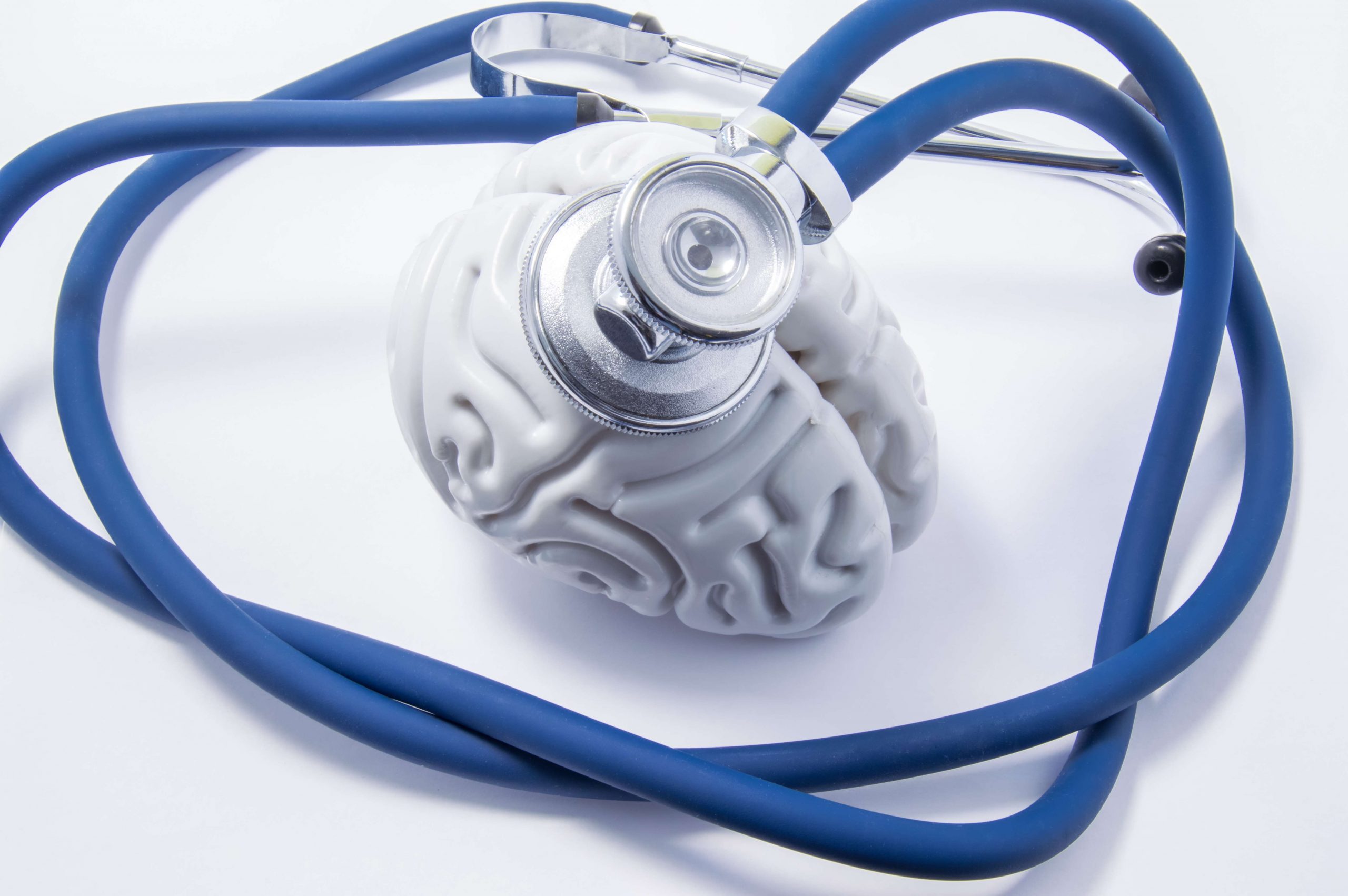There are numerous other online support groups and chat rooms dedicated to loved ones living with alcoholism and NPD. Alcohol abuse disorder is characterized by periods of sobriety and http://www.tvsubs.net/tvshow-1561-7.html relapse. Even so, with a combination of therapy, support, and persistence, around a third of people with AUD will maintain sobriety for at least a year and sometimes for decades.

Treatment Options for Alcoholic Narcissists
Grandiose narcissism was also a significant predictor of a positive alcohol problem evaluation, over and above alcohol use, social desirability and vulnerable narcissism. In other words, grandiose narcissists are more likely to regard the alcohol problems that they may encounter as good. This may be because of the social benefits they bring (e.g., holding one’s liquor might be seen as a good quality and doing risky things while intoxicated could be seen as “cool” in some circles). It is also possible that grandiose narcissism gives one the illusion of invulnerability, especially when drunk.
The Addiction of Narcissism
Self-care is crucial for maintaining your resilience and emotional strength. But it’s unlikely they’ll reveal the whole, unadulterated truth, regardless of how much they drink. Because of this skewed worldview, narcissists hardly ever acknowledge anyone else’s truth, and nor will getting them drunk bring them any closer to achieving that. As far as the narcissist is concerned, they tell the truth 99% of the time, but that doesn’t necessarily mean that truth aligns with yours. Under the influence of alcohol, the narcissist’s inflated sense of self-importance becomes even more pronounced. If they’ve just started dating a new partner and are still in the love-bombing phase, they’re likely to become even more vociferous about their love and admiration for that idealized person.

Mutual Reinforcement and Negative Consequences
- Some individuals may exhibit mild narcissistic traits without meeting the criteria for NPD, while others may have more severe narcissistic tendencies.
- Chronic alcohol misuse worsens symptoms of untreated NPD, enhancing narcissistic personality traits.
- Narcissism is a personality disorder characterized by an inflated sense of self-importance, a lack of empathy, and a need for admiration.
- Individuals with low self-esteem may feel a constant need for validation and attention, which can trigger drug or alcohol abuse.
Its mission involves educating, supporting, and empowering people in their pursuit of well-being. The underlying cause of each is sometimes not the same, but the behaviors can seem very similar. Narcissists are full of entitlement and lack empathy for others, so they may do whatever they want to others with no regard to their feelings. http://animals.in.ua/lyisyiy-kot-pyatachok-spasaet-pozhilyih-lyudey-ot-depressiy Alcoholics do the same when they put their drinking first without concern for how it affects others. In a conflict, a narcissist will turn everything around on you, gaslight, and refuse to apologize or agree to change. Narcissistic Personality Disorder (NPD) is a disorder in which someone acts selfishly and thinks highly of themselves.
- Treating alcoholic narcissism requires a comprehensive approach that addresses both the alcohol addiction and the underlying narcissistic traits.
- This may be because of the social benefits they bring (e.g., holding one’s liquor might be seen as a good quality and doing risky things while intoxicated could be seen as “cool” in some circles).
- Vulnerable narcissists often experience depression and anxiety, which alcohol can alleviate, at least in the short term.
- Exhibiting narcissistic behaviors when drunk, for example, doesn’t inherently mean that a person has NPD.
- It is a condition that affects individuals from all walks of life and can have significant impacts on physical health, mental well-being, and relationships.
- Samir Kadri is a medical writer with a non-profit sector background, committed to raising awareness about mental health.
- Drugs and alcohol can make them feel better about themselves or more control their perceived negative attributes by lifting their untreated depression and anxiety.
Toxic Dynamics in Relationships with Alcoholic Narcissists

Similarly, people displaying narcissistic tendencies are more vulnerable to alcoholism because of the reasons explored earlier. The National Institute of Mental Health asserts that 22.6% of people suffering from a personality disorder may also have substance misuse problems. In fact, when they see it as damaging to their image, they are able to eliminate the addiction almost instantly and without emotional consequences. However, they do return to the addictive behavior later as a way to demonstrate they ultimately have power and control over the drug of choice.
Alcohol & Narcissistic Personality Disorder: Is There a Connection?
- Some people use alcohol to numb overwhelming, confusing, or unwanted feelings.
- Break free from prescription drug addiction and discover the path to recovery.
- These include environmental factors, social factors, and emotional factors.
- Similarly, people displaying narcissistic tendencies are more vulnerable to alcoholism because of the reasons explored earlier.
- This can involve pitting you against each other while presenting themselves as the voice of kindness and reason.
It’s possible to have a narcissistic personality disorder (NPD) as well as an alcohol use disorder (AUD). Narcissistic personality disorder (NPD) and alcohol use http://cskvvs.com/view_news_pr.php?id=748 disorder (AUD) are closely linked and can occur together as a dual diagnosis. NPD increases the risk of alcohol abuse as a means to escape difficult emotions.


